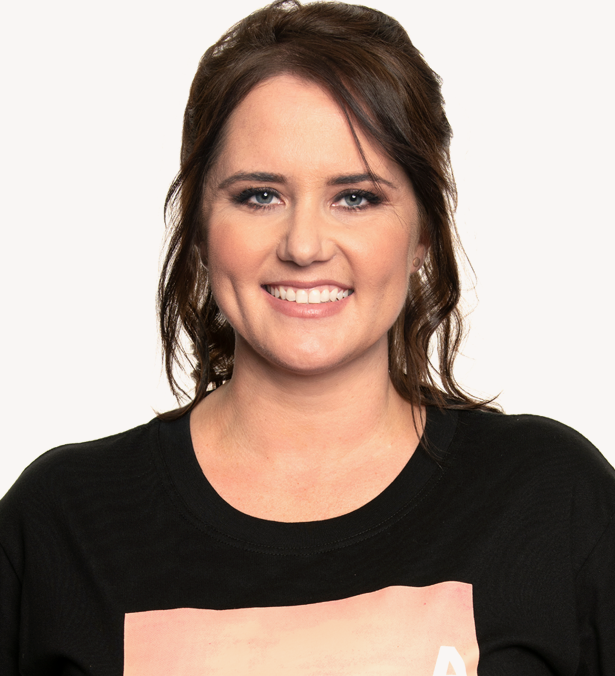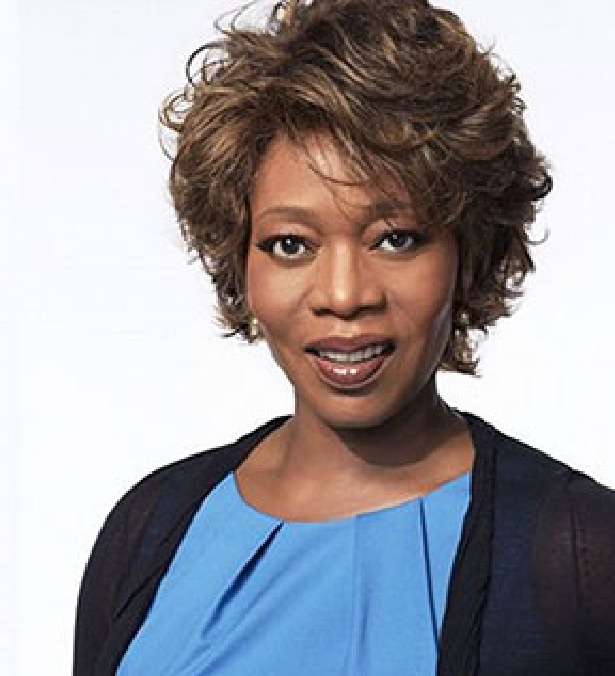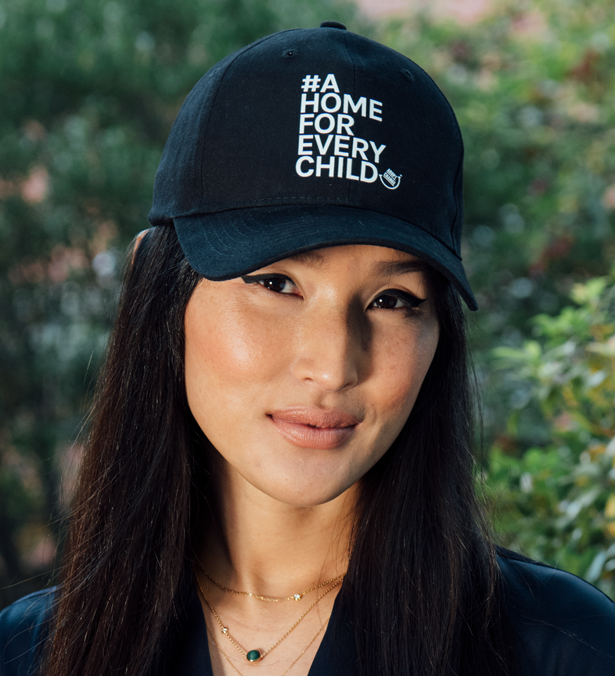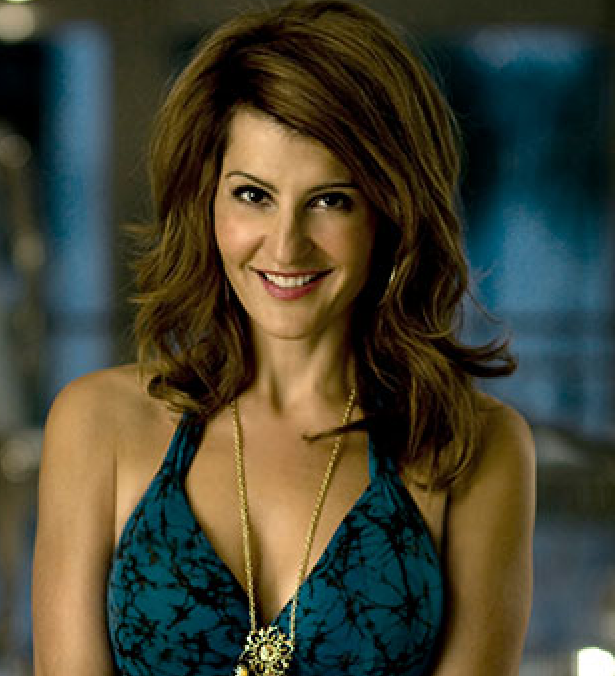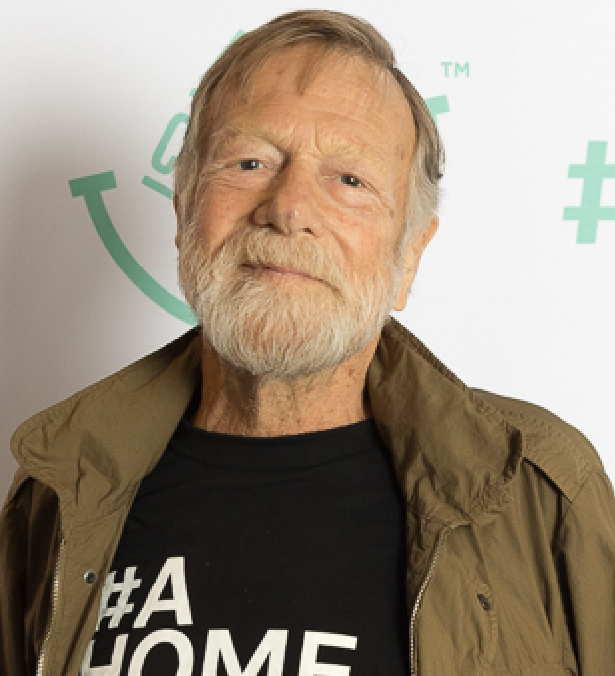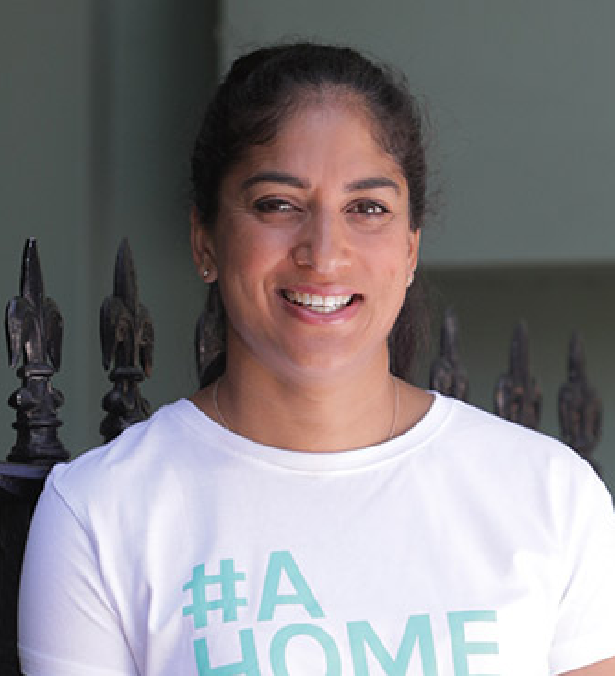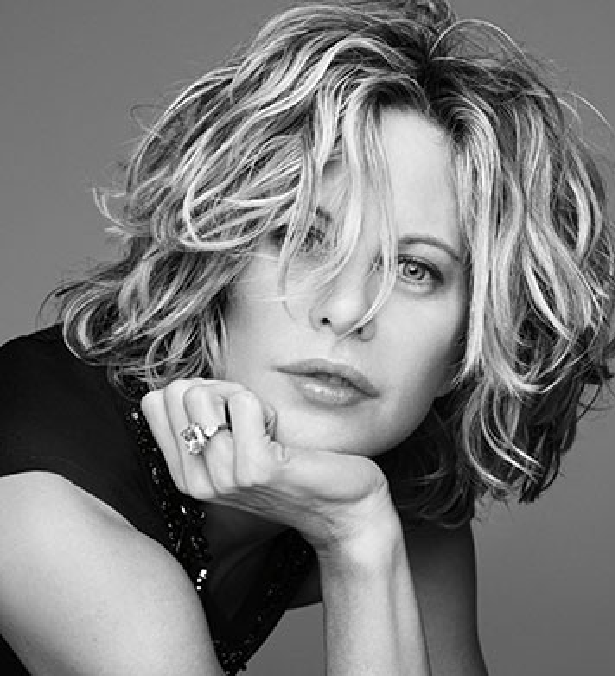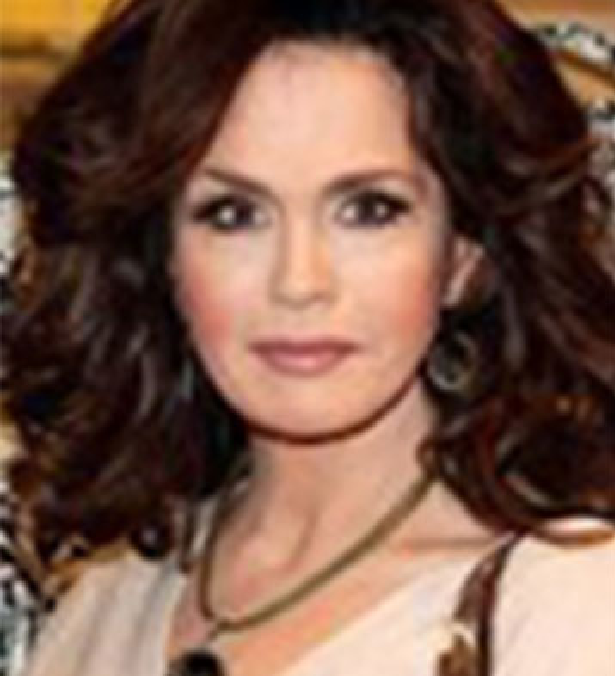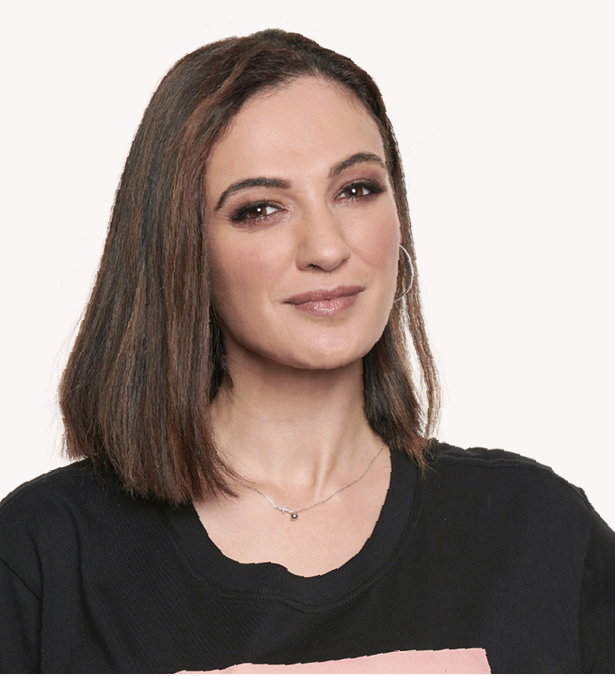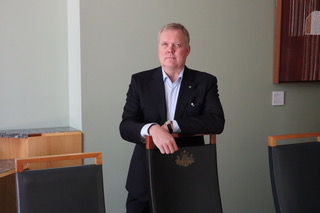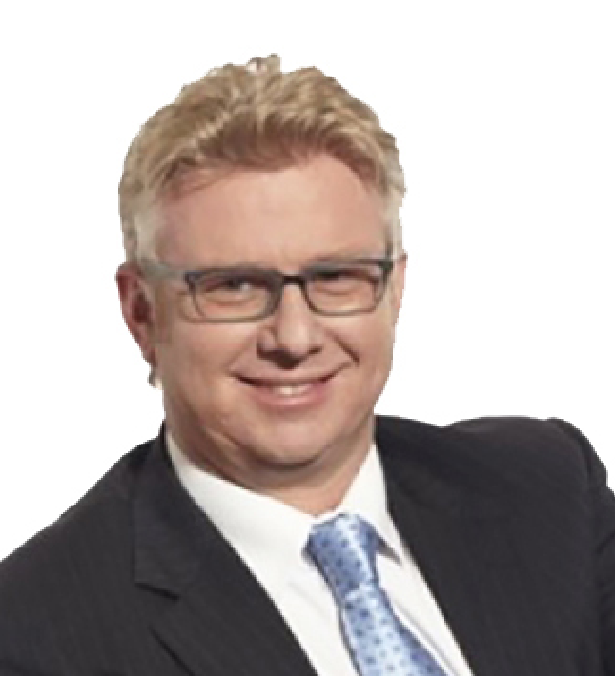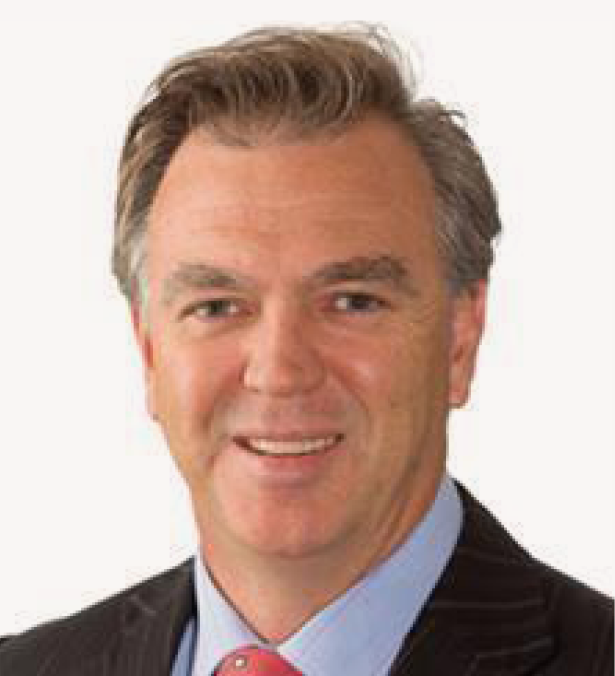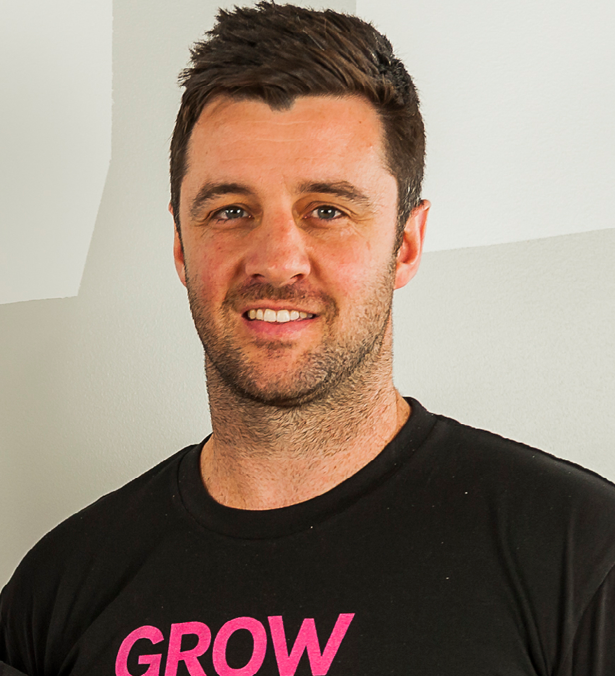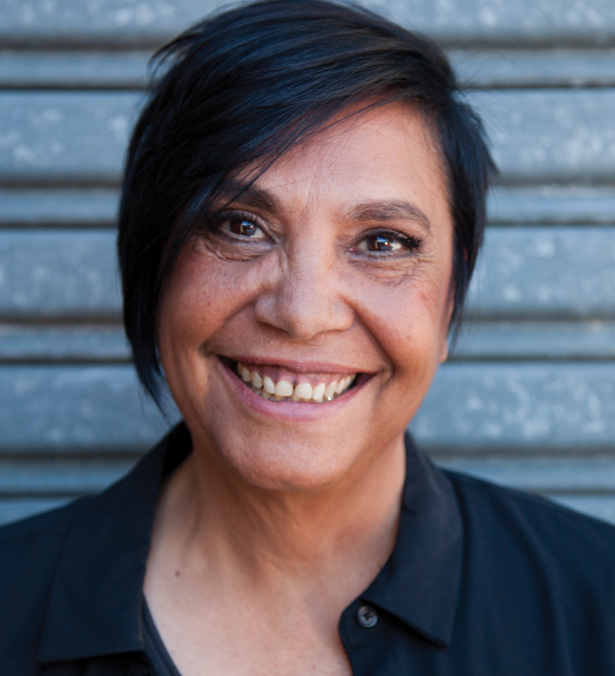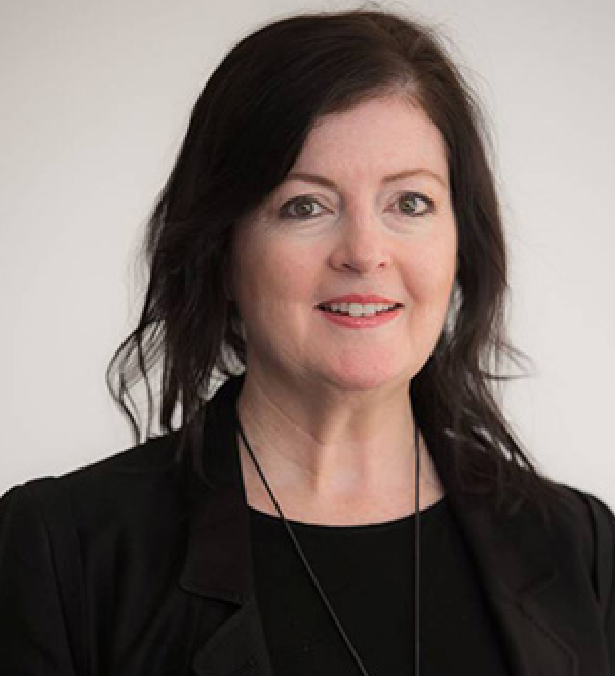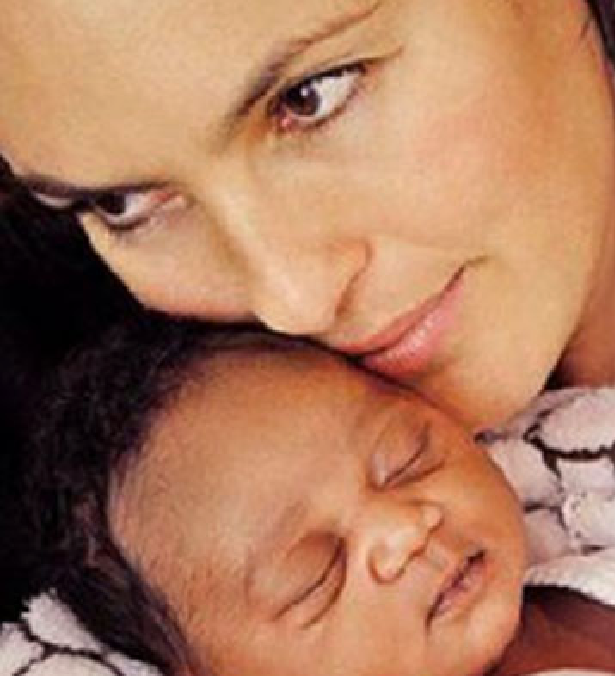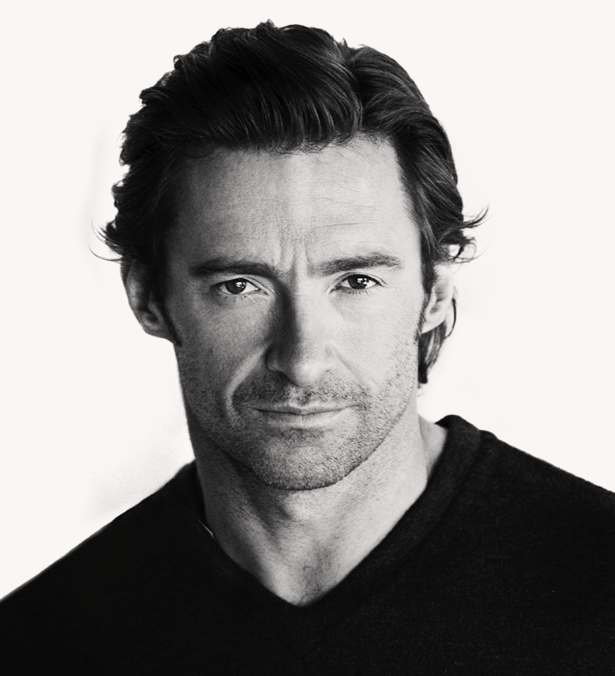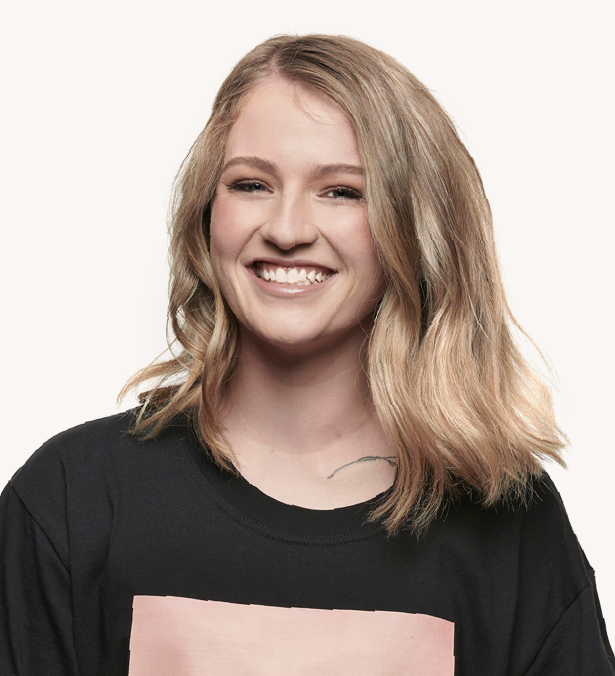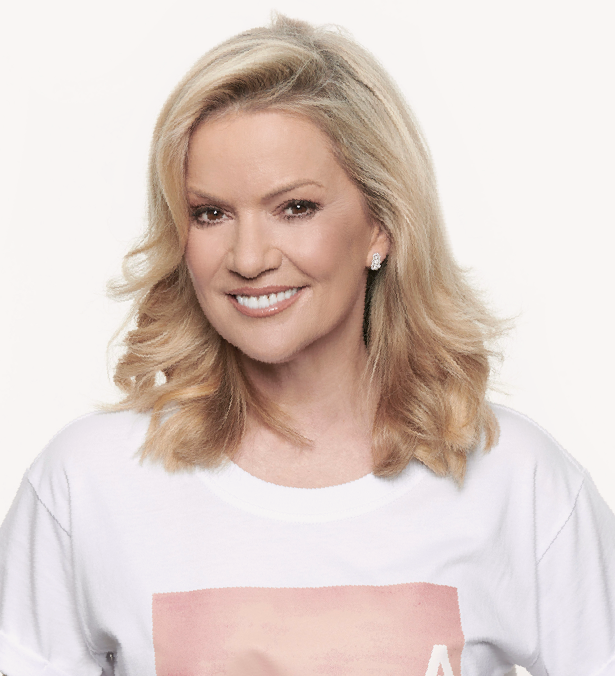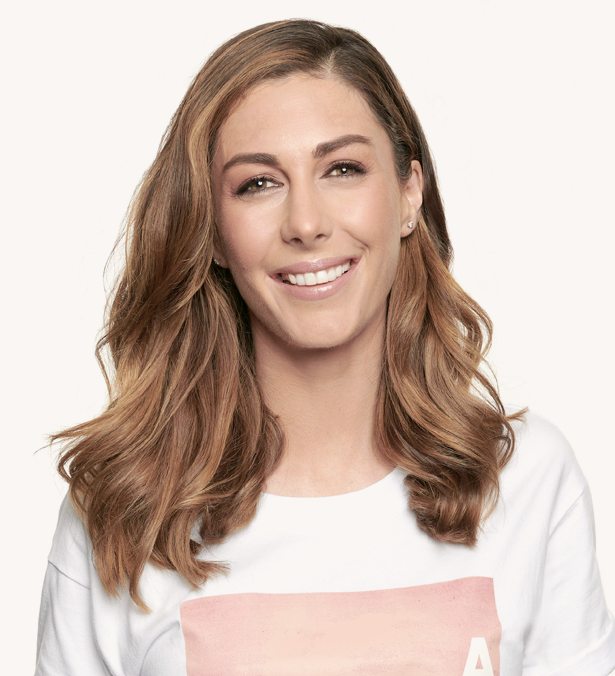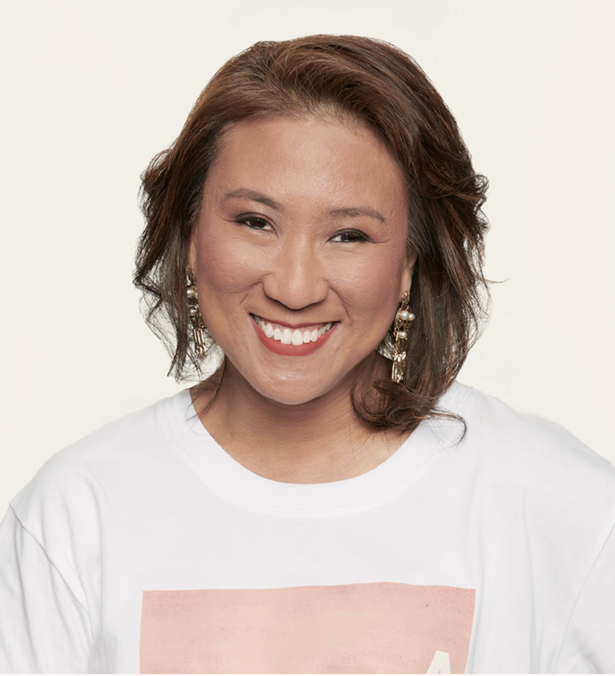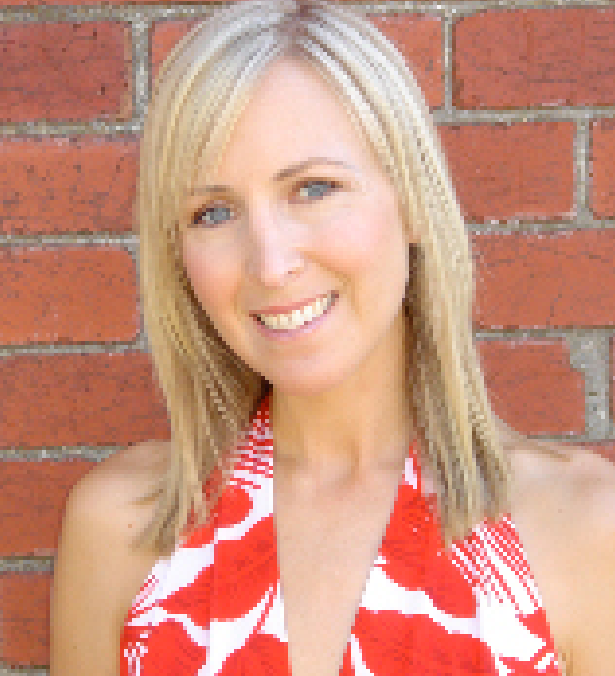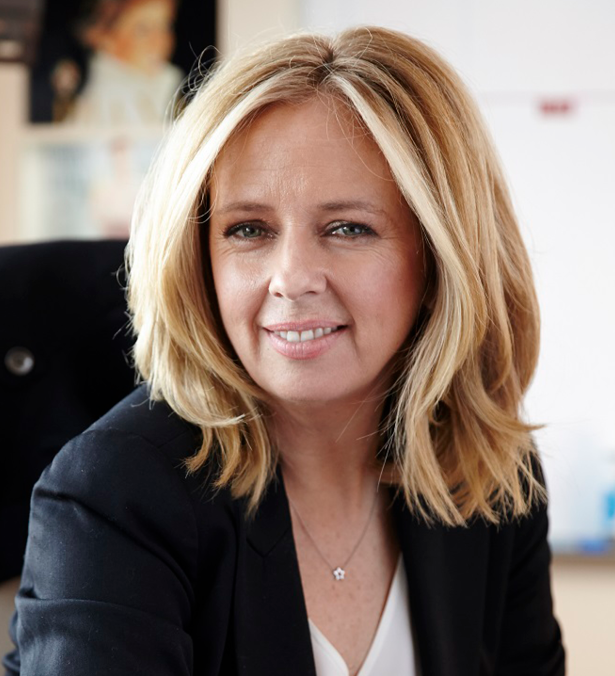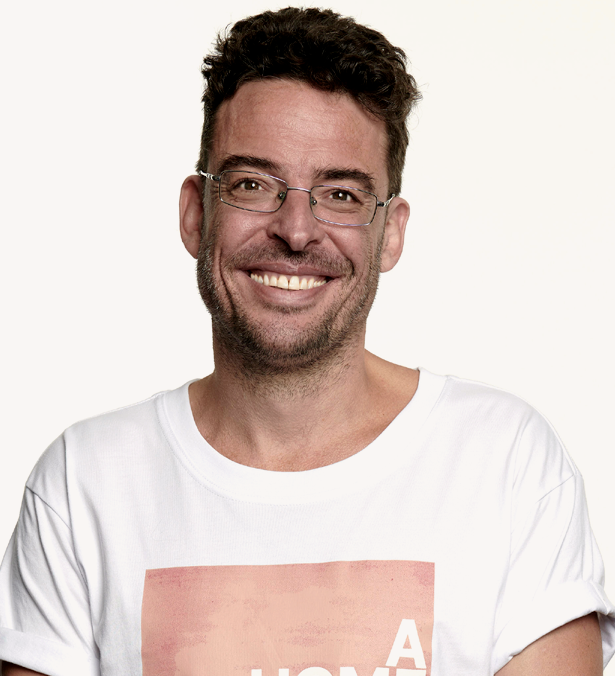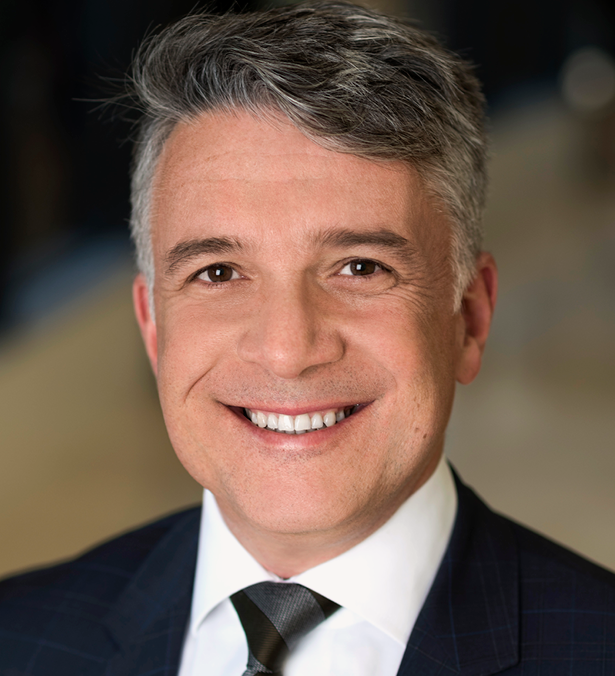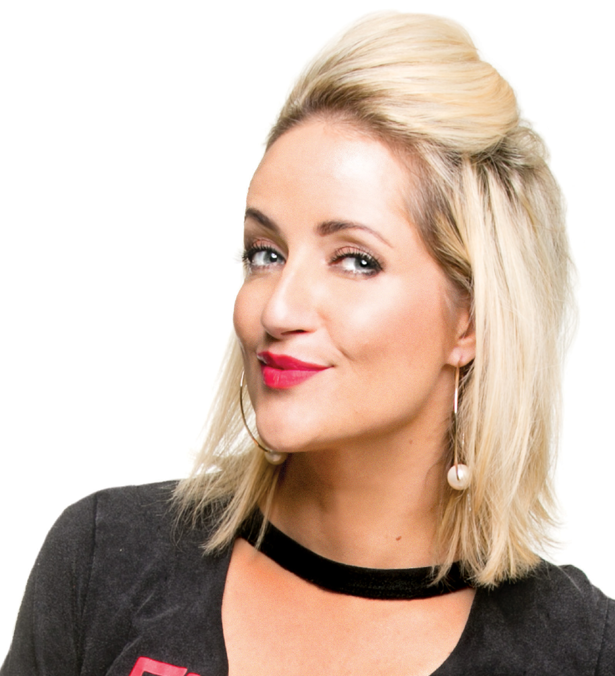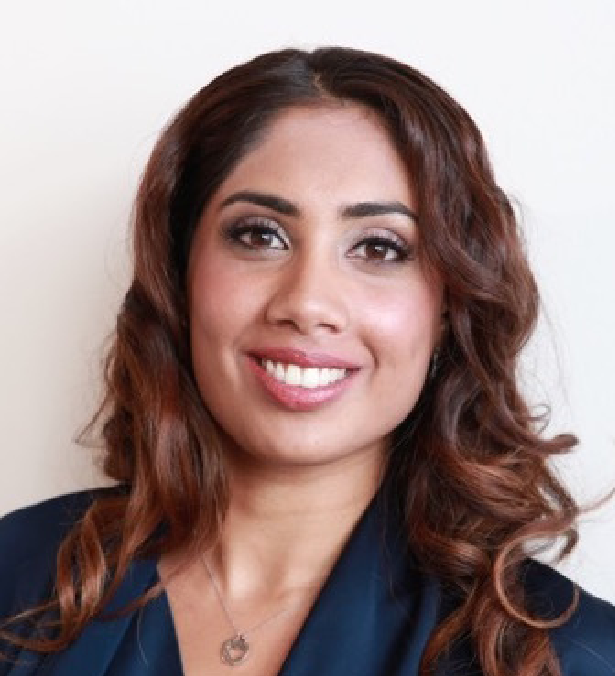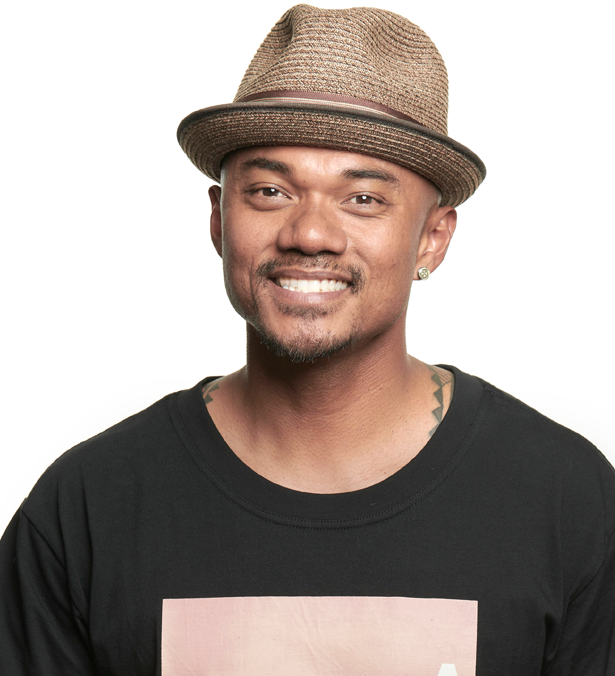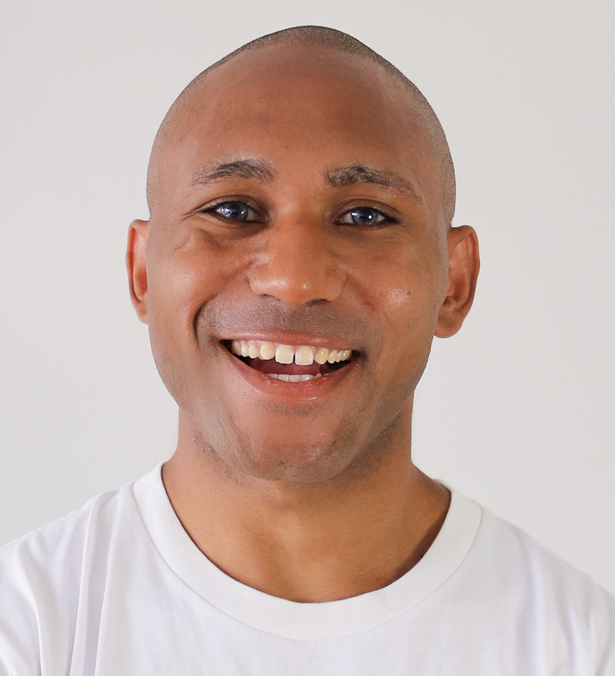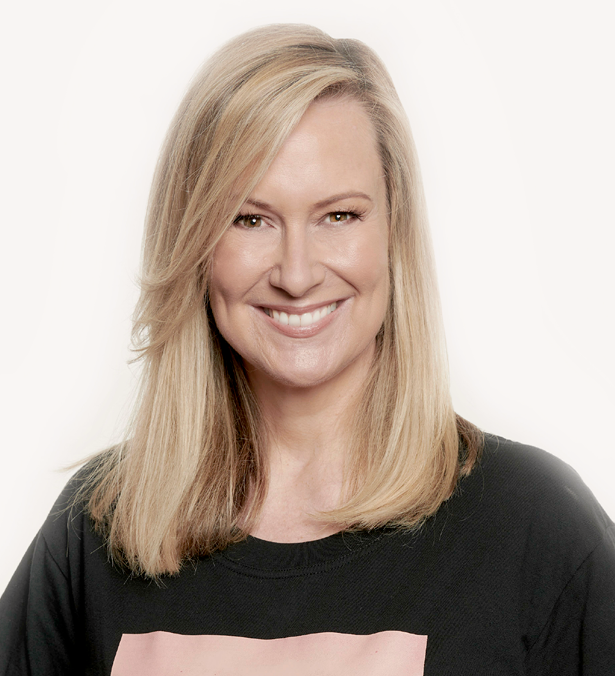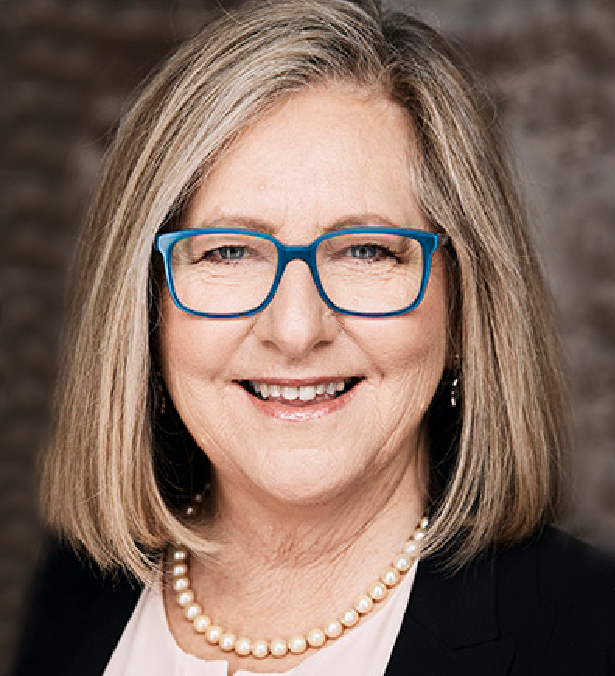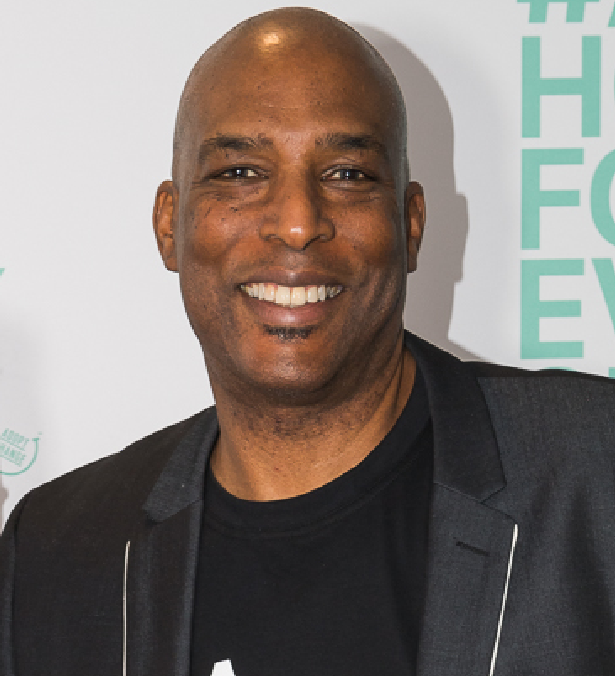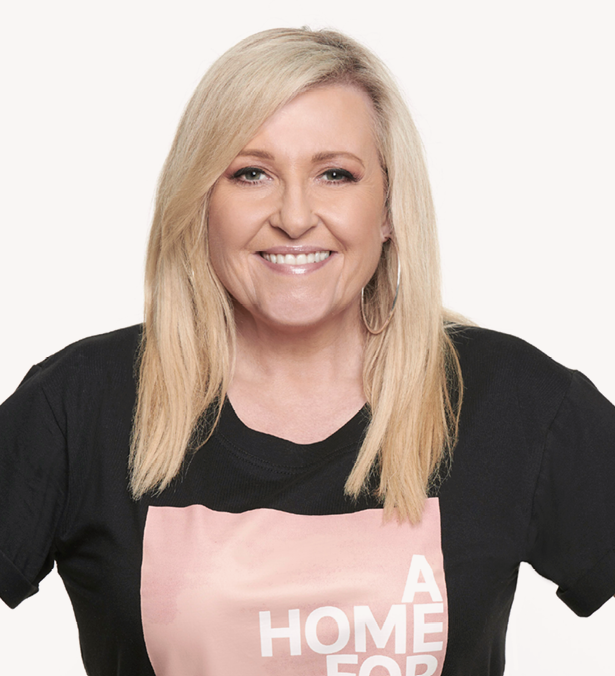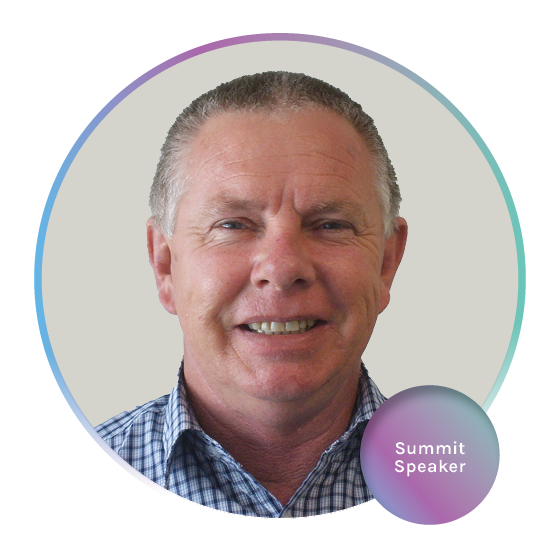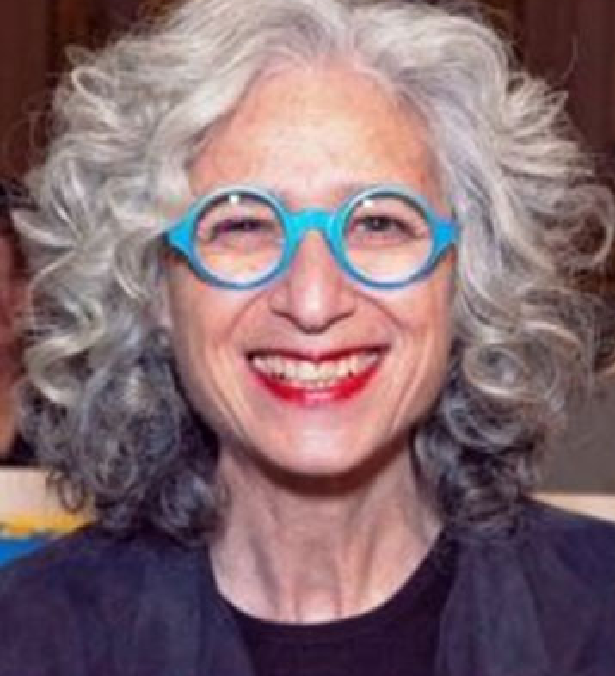Support the supporters! New research rallies for post adoption help
**MEDIA RELEASE**
Support the supporters! New research rallies for post adoption help
A new research paper commissioned by Adopt Change has highlighted the critical need for post adoption support.
Sydney, Australia, 9 November 2016: New research on post adoption supports in Australia has uncovered a critical need for a comprehensive range of supports, for children and their families involved in the adoption process. The research paper, commissioned by Adopt Change, with researcher Dr Tanya Bretherton, and with the support of New South Wales Family and Community Services, outlines serious challenges adopted children and their families may face during the process of adoption and beyond, as well as posing a three-pronged solution.
The research paper highlights 10 key issues that adoptive families in Australia face, in the context of open adoption, which require post-adoption support. These include emotionally intense experiences that don’t conform to accepted archetypes of family formation, social stigmas, attachment and identity issues for children, complex trauma events, and secondary trauma events, which are more likely in adoptive families.
The research paper introduces a ‘Triple A’ approach—a potential solution for effective post adoption support. Categorising supports under the three areas: Aid, Advocacy and Allies, the solution draws from the global evidence base of best practices for trauma informed care and family support.
Renee Carter, Chief Executive Officer, Adopt Change, said, “As Australia moves towards increasing the number of adoptive families in Australia, we must have post adoptive supports in place. Last year $3.8 billion was spent on the out of home care system. As children move from out of home care into permanent placements, there needs to be recognition of the support required and adequate reallocation of funding and the necessary services put in place.”
“Adopted children have usually experienced trauma prior to their adoption, including a number of cases where children have been removed from their birth families due to abuse or neglect*. These children may subsequently experience multiple traumas in the lead up to their placement with an adoptive family, particularly from the insecurity of multiple moves while in care. Supports need to be put into place to support these children and their families to ensure successful adoptions.,” Carter added.
The findings of the research paper highlight that promoting permanency for children in Australia is only half the battle. Dr Mandy Howard, Assistant Professor of Psychology, Samford University, and an expert in Trust Based Relational Intervention (TBRI), is in Australia this week as part of National Adoption Awareness Week. Dr Howard says, “Evidence based trauma informed post-adoption services, such as TBRI, are critical to the continued well being for children with a history of trauma and their families. Research has shown that ongoing support is a key predictor of long term emotional, social and academic success.”
“This research paper provides a comprehensive review of international best practices and I hope the findings stimulate discussion and action for supporting the post-adoption experience for all those involved,” Dr Howard added.
The research paper was commissioned by Adopt Change and supported by NSW Minister for Family and Community Services, Brad Hazzard MP, as part of National Adoption Awareness Week (NAAW) 6-12 November 2016. It will be launched at Parliament House, Sydney, Wednesday 9 November, 1000am, Jubilee Room.
The complete paper can be distributed upon request. The research will also be available at
https://www.adoptchange.org.au
Media Contact: Samantha Dybac – Sammway e: sjdybac@sammway.com.au p: 0411251373 Available for Interview:
Renee Carter, CEO Adopt Change
Dr Mandy Howard, Assistant Professor of Psychology, Samford University References
*NSW FaCS 2016; Crowe & Murray 2005
Event Details
What: Adopt Change with NSW Minister for Family and Community Services The Hon. Brad Hazzard MP will launch research into post adoption services.
Where: Jubilee Room, Parliament House, Sydney
Time: 1000-1040am
Media Contact: Samantha Dybac 0411 251 373
About National Adoption Awareness Week
National Adoption Awareness Week (NAAW) was founded by Deborra-lee Furness in 2008 and is the second week of November each year. This year it runs from Sunday 6 November – Saturday 12 November 2016. For further information visit https://www.adoptchange.org.au
To view and download the 30 and 60 second Community Service Announcements
go to https://vimeo.com/user58538596
Website: www.adoptchange.org.au
Instagram: https://instagram.com/adoptchangeau/
Twitter: https://twitter.com/adoptchangeau
Hashtags: #adoptchange #adoption #NAAW2016
Facebook: https://www.facebook.com/AdoptChangeAU
About Renee Carter
Renee Carter is the CEO of Adopt Change and member of the Institute Advisory Group for the Independent Research Centre Institute of Open Adoption Studies (The University of Sydney).
Renee has a strong background in communications and executive management, along with board level experience in the corporate and not-for-profit sectors and is a Member of the Australian Institute of Company Directors (MAICD). Her experience includes three years as Chair of charity Child Abuse Prevention Service (CAPS), an organisation focused on early intervention, education and support of families and communities.
Renee is passionate about influencing policy and practice to deliver timely and effective outcomes for children, by garnering community, sector and government support.
About Dr Mandy Howard
Mandy Hiles Howard is an Assistant Professor of Psychology at Samford University Alabama. She came to Samford after serving as the Assistant Director of the TCU Institute of Child Development. Mandy’s professional interest broadly falls under the category of applied developmental psychology. Her work integrates theory, research and practice to increase understanding of the interpersonal processes underlying mental health and quality of life for youth in non-traditional care.
Her research has generated a great deal of political and public policy interest. During the summer, she volunteers at a therapeutic summer camp for children with a history of trauma. Mandy and her husband, John, have two sons, Elias and Silas. As a family, they enjoy camping, hiking and living ‘unplugged’ whenever possible.

